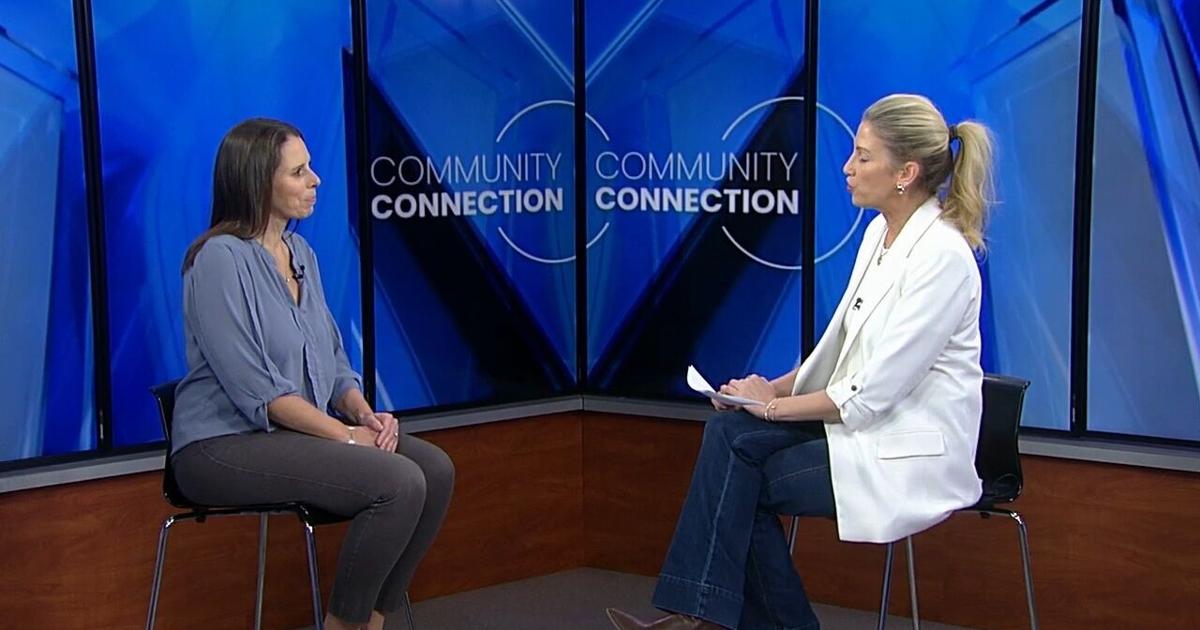
Navigating Cultural Adjustments and Marital Sacrifices: A Reflection on Relocation Choices
In the mid-2000s, a couple comprised of an Asian American man and his white wife established a home in the vibrant Bay Area of California, where they thrived amidst a community that resonated with their identities and lifestyles. However, as the COVID-19 pandemic loomed and the couple faced fresh dynamics, a pivotal decision emerged: a relocation to the southern United States. The wife’s desire to be closer to her aging parents led to the purchase of a house, prompting the husband to adopt the mantra, “Happy wife, happy life.”
Years later, this choice has fostered feelings of regret and resentment within the husband. He grapples with the cultural dissonance he experiences as an Asian American living in a region where diversity may not be as pronounced. This personal narrative touches upon an essential theme within the broader context of marriage and relocation: the balancing act between individual aspirations and the needs of a partner.
Relocating for a spouse’s familial obligations is a common scenario faced by many couples, particularly in a time when the immediacy of family care has gained prominence due to health and age-related concerns. Yet, such sacrifices call into question the degree of reciprocity expected within marital partnerships. Though well-intentioned, the husband’s compliance with his wife’s relocation request has resulted in an emotional struggle as he contemplates the consequences of his decision. The longing for familiar connections and cultural identity, a sentiment deeply rooted in personal history, can lead to feelings of alienation when displaced from supportive environments.
In exploring these emotions, it is vital to acknowledge the impact of cultural identity on individual well-being and marital dynamics. The husband’s sense of belonging has diminished, leading to a crisis not only of identity but also of marital equity. It raises broad questions about how couples navigate expectations and sacrifices. Should such decisions be made collaboratively, taking into account both partners’ cultural backgrounds and emotional needs?
For couples facing similar circumstances, open communication is imperative. Addressing feelings of regret or resentment openly can foster understanding and encourage collaborative solutions that honor both partners’ roots and aspirations. As society continues to navigate the complexities of marriage and family, recognizing the need for balance and empathy can enable couples to thrive amidst life’s transitions.


